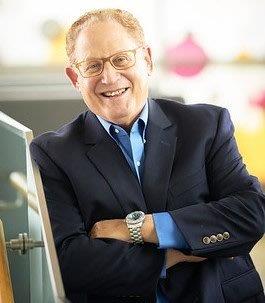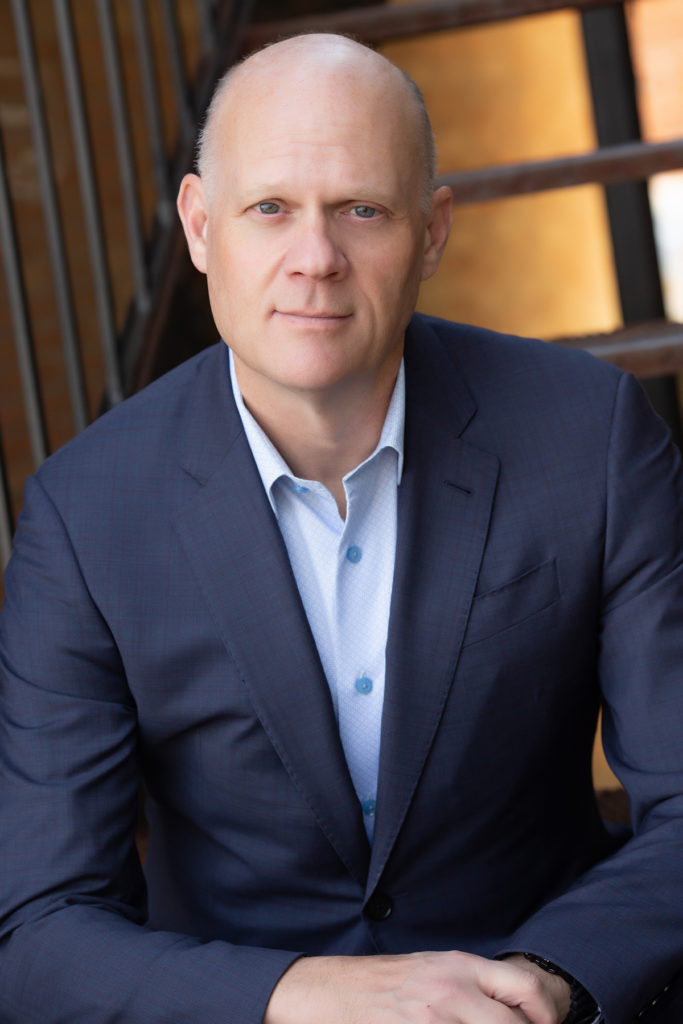Member Spotlight: Improving Care for Individuals with CKD
March 21, 2022
KCP’s membership represents the entire kidney community – from patients to therapeutic innovators and manufacturers. We all work together to improve care, increase access and patient choice, and meet patients’ needs at every stage. Every member of our community plays a critical role in improving care.
We recently spoke with Dr. Kerry Cooper, Global Clinical Practice Change Leader, and Dr. Bruce Fisch, Field Physician, of AstraZeneca about their work to improve care by developing therapies to delay the progression of kidney disease:
Dr. Kerry Cooper, Global Clinical Practice Change Leader

How does the work you do impact individuals with kidney disease?
I am extremely proud to work for a company that has dedicated efforts to improve the lives of patients with chronic kidney disease (CKD), especially focusing on therapies that can delay progression of CKD and also decrease the risk of cardiovascular disease which is so common in this fragile population.
What does it mean to you to be a member of the kidney community?
I have been a nephrologist for 38 years and while I no longer directly care for patients, my time now is devoted to helping the overall population that suffers with CKD. I feel that by helping to bring innovative therapies to patients, I can impact the lives of so many who could have a brighter future.
Why do you advocate for individuals with kidney disease?
It is critically important that we advocate regarding the importance of identifying CKD and treating it at its early stages. This is especially important in view of the health care disparities that exist in patients of color who both have a higher risk of CKD and are less likely to be diagnosed and treated early in the course of their disease.
Dr. Bruce Fisch, Field Physician
Why did you choose to work in kidney care?

I had an engineering degree coming out of college and when it was time to decide on a specialty, I wanted something involving caring for complex patients with the engineering aspect blended in. Nephrology and dialysis were a perfect fit. The long-term patient relationships, seriousness of the diseases, and the way we help our colleagues also attracted me to this field of medicine.
How does the work you do impact individuals with kidney disease, ESRD, and/or transplant?
During my clinical practice career, I worked on one patient at a time. Being a fulltime employee at AstraZeneca – focused solely on CKD – means I can indirectly improve the lives of many patients at one time. During the month of February, for example, I have spoken with and educated perhaps 200 physicians and advanced practitioners. If I influenced them to improve the care of their CKD patients, I feel like I am helping more than one patient at a time.
What does it mean to you to be a member of the kidney community?
We share a bond with our patients, other kidney care givers, and even with kidney donors. Each has a role in supporting our mission to reduce the suffering caused by CKD. Just ask a dialysis nurse or kidney transplant recipient and they will tell you not just about their personal journey but also about the team effort that is so important in kidney care.
